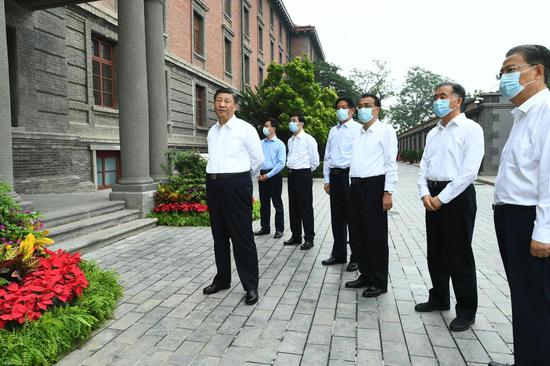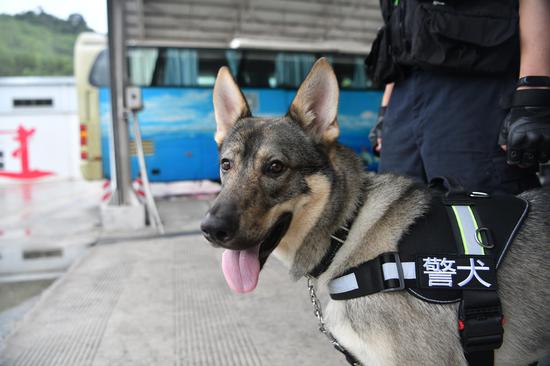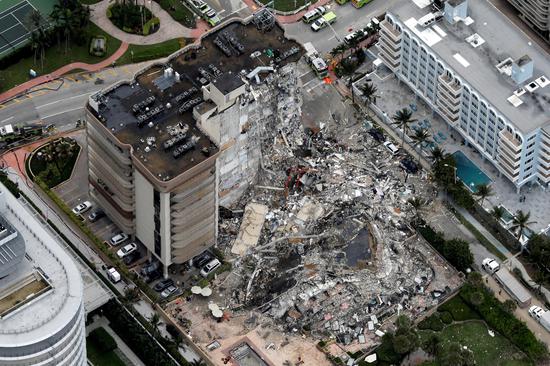At least five members of paramilitary group were killed in U.S. airstrikes on the Iraq-Syria border region on Sunday, the Syrian Observatory for Human Rights (SOHR) said.
At least five militia fighters were killed and several others wounded in the attack by U.S. warplanes on the Syrian side of the frontier, said the war monitor in a statement.
The Pentagon said on Sunday that it conducted airstrikes against facilities used by "Iran-backed militia groups" in the region.
"The U.S. strikes targeted operational and weapons storage facilities at two locations in Syria and one location in Iraq, both of which lie close to the border between those countries," Pentagon Press Secretary John Kirby said in a statement.
According to Kirby, U.S. President Joe Biden directed the airstrikes against Iran-backed militia targets.
It was Biden's second use of force in the region since taking office five months ago, a retaliatory response to what Washington claimed a series of "attacks by Iran-backed groups targeting U.S. interests in Iraq."
In February, at least 17 members of paramilitary group were killed in the U.S. strikes in Syria at the Iraq border, according to the SOHR.
Mary Ellen O'Connell, a professor at Notre Dame Law School, has criticized the U.S. attacks as a violation of international law.
"The United Nations Charter makes absolutely clear that the use of military force on the territory of a foreign sovereign state is lawful only in response to an armed attack on the defending state for which the target state is responsible," she said.
"None of those elements is met in the Syria strike," she was quoted by media reports as saying.
The airstrikes came at a delicate time between the United States and Iran.
Talks on restoring the 2015 Iran nuclear agreement, or the Joint Comprehensive Plan of Action (JCPOA), in Austria's capital Vienna have shown a positive signal of finalizing the agreement and finding solutions to the Iranian nuclear issue.
During the JCPOA Joint Commission meeting earlier in June, representatives from China, France, Germany, Russia, Britain and Iran agreed on many important issues concerning the revival of the JCPOA. However, the United States and Iran remain divided over how to achieve a mutual return to compliance with the nuclear deal.
A senior State Department official said on Thursday that the two sides still have serious differences over how to revive the nuclear deal after six rounds of indirect negotiations since April.


















































